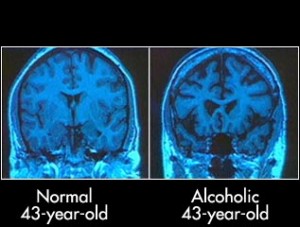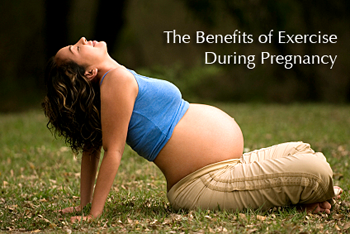I love dogs and cats. But I live in a family that is divided. My Dad likes dogs. My Mom likes cats. This issue has reared its ugly head once again in my family now that my twin brother and I have left for college. My Mom wants to get two more cats once my younger brother leaves for college. My Dad wants another dog. This ongoing argument started me thinking about the pros and cons of each and why some people choose one over the other.
Growing up, we always had three pets. Each kid got to choose. Currently, I have a rabbit. My twin brother has a cat. My younger brother has a dog. My Mom wants three cats, one to represent each of us. My Dad, on the other hand, will only agree to add another dog to the family. Who will win? Here are the arguments from both sides.
Dogs are loyal, friendly, loving, easily trainable, protective, activity inducers and unconditional lovers. On the con side, they are noisy, more expensive, need more attention, require more space and must be house trained.
Cats are independent, affectionate, live longer, litter box trainable, require little grooming and need less attention. The cons of cats include independence, sleep too much, allergy inducing and litter box cleaning.
Studies done at the University of Texas and by the American Society for the Prevention of Cruelty to Animals (ASPCA) shed light on the why people lean to a dog over a cat or vice versa. Dr. Stephen Zawistowski of the ASPCA’s research claims that “research tends to fall in line with the stereotypes people have already established for themselves.” If you think you are a “dog person” then you consider yourself outgoing and agreeable. If you think you are a “cat person” then you consider yourself creative but slightly neurotic.
So how has all of this information helped to end the debate at my house? It doesn’t and it won’t. In the end, my Mom will win.
http://abcnews.go.com/US/dog-people-cat-people-pet-preference/story?id=15883844&singlePage=true

















